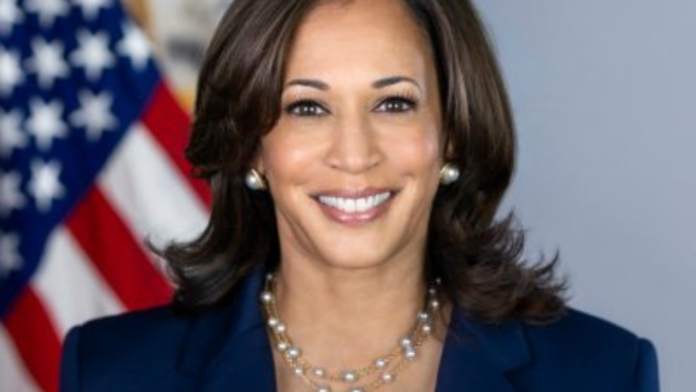David Bailey, CEO of Bitcoin Magazine, has disclosed ongoing discussions with Kamala Harris’ campaign regarding a potential speaking engagement at the Bitcoin Conference, hinting at a potential shift in Democratic party stance on cryptocurrency policy. Bailey framed Harris’ potential appearance as an opportunity to redefine the Democratic Party’s approach to what he termed the “fastest-growing voter block in the country.” The campaign is expected to reach a decision on participation imminently.
This development unfolds against the backdrop of Harris’ efforts to distinguish herself from President Biden on technology and innovation issues. Billionaire investor Mark Cuban indicated to Politico that Harris “will be far more open to business, artificial intelligence, crypto, and government as a service” compared to the current administration.
In addition to Cuban’s endorsement, Harris’ campaign has reportedly been engaging with other cryptocurrency executives to gather policy insights ahead of the Democratic National Convention. This proactive outreach suggests Harris sees an opportunity to garner support from Silicon Valley by adopting a more pro-innovation stance. Aaron Levie, CEO of Box, suggested that Harris could swiftly secure backing from “a dozen-plus tech CEOs” with a credible pro-technology policy framework.
The potential for Harris to speak at the Bitcoin Conference and her outreach to leaders in the cryptocurrency and blockchain sectors signal a strategic move towards aligning herself more closely with these industries than the current administration.
Following Biden’s endorsement, Harris’ campaign raised $100 million within 48 hours, underscoring the potential for a pro-innovation platform to further bolster fundraising efforts and secure backing from both the cryptocurrency industry and the broader technology sector.
The implications of Harris’ potential shift in stance on cryptocurrency policy could reverberate throughout the upcoming election cycle, influencing voter perceptions and campaign dynamics leading up to the 2024 presidential race. As Harris navigates these developments, her positioning on technology and innovation issues may prove pivotal in shaping her campaign strategy and broader appeal among key voter demographics.
Bailey’s disclosure underscores the evolving landscape of political engagement with the cryptocurrency sector, highlighting how digital assets and blockchain technology are increasingly shaping political discourse and strategy in the United States. As Harris weighs her potential involvement at the Bitcoin Conference, stakeholders across the political and technology spectrum will be closely monitoring how these developments unfold and their potential impact on future policy directions.
As the Democratic Party prepares for its national convention, Harris’ approach to technology and innovation is poised to play a defining role in shaping her platform and outreach strategies. With growing momentum behind pro-innovation policies, Harris’ engagement with the cryptocurrency community could set a precedent for future political engagement with emerging technologies, influencing policy debates and electoral outcomes in the years to come.


